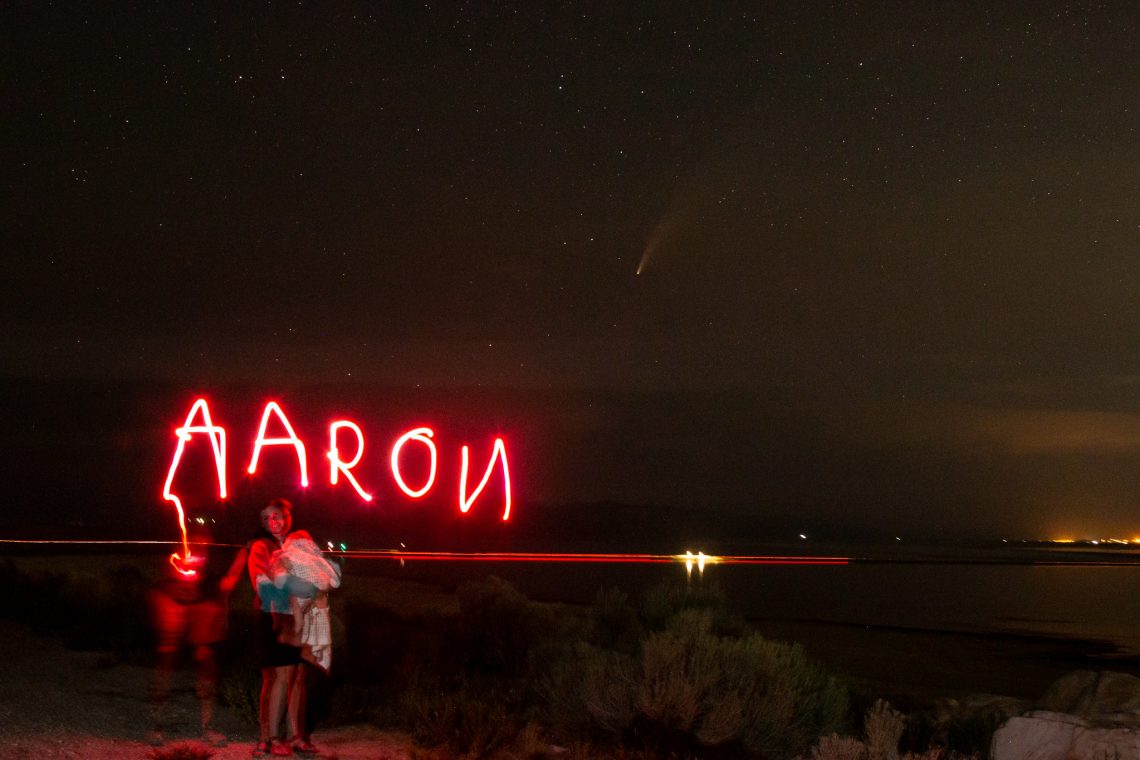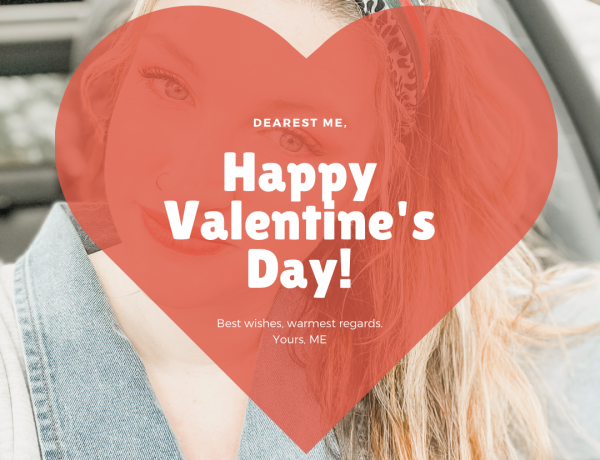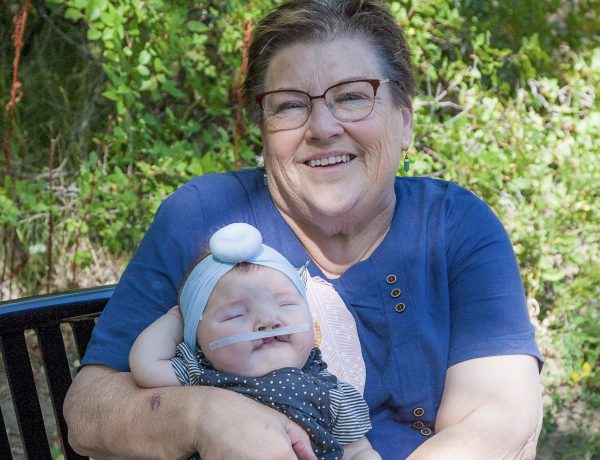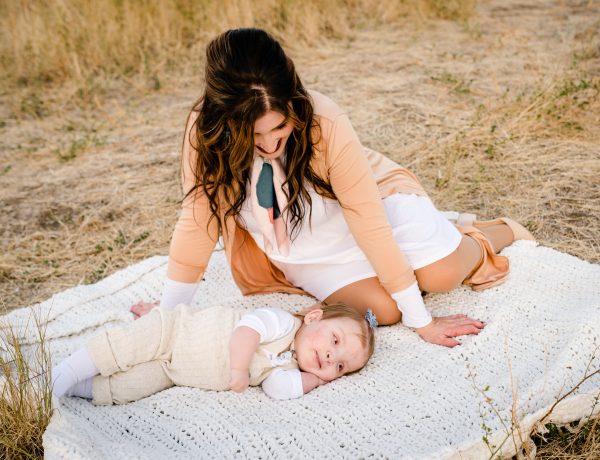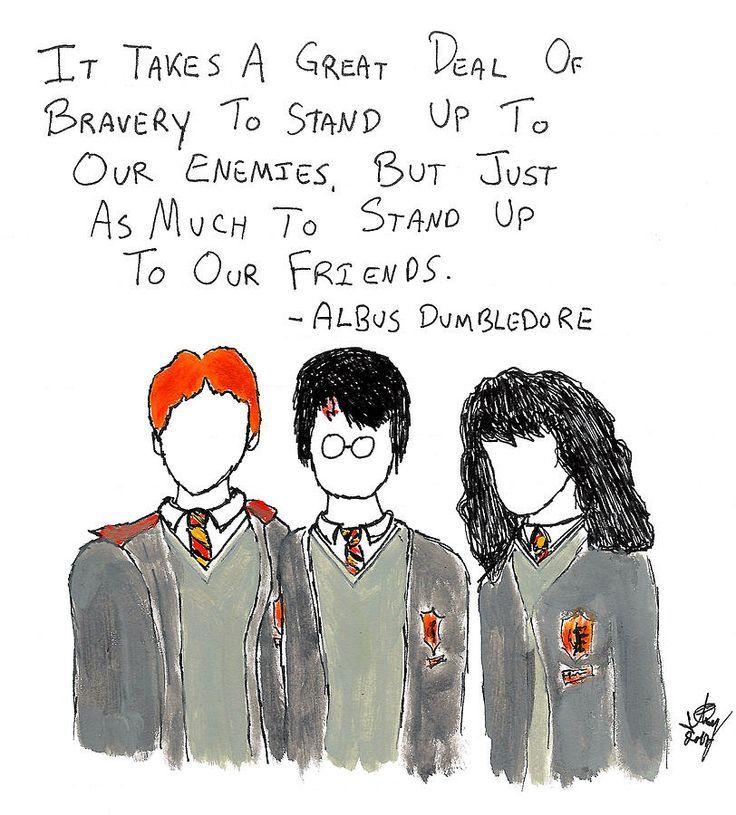
Tomorrow is Aaron’s birthday. While I’ll share some of my favorite pictures of us and do the usual it’s-Aaron’s-birthday bit, I wanted to share something more serious. Just for him. Honoring Aaron and his courage for so many years. It’s a toughie – so hang on tight.
For so long, Aaron and I were often asked about how (and why) he set clear boundaries with family. As Aaron and I grew together and created our own collective new community, people couldn’t picture Aaron setting intense boundaries. It’s hard to understand that level of intensity coming from someone who was super chill, kind, intelligent, and empathetic. And it’s hard to understand why boundaries need setting (especially with family) if you’ve never had a need in the first place. Aaron courageously set boundaries with family that truly created a space in which his growth (and our collective growth as a couple) was possible. I’ll always be so proud and in awe of the strength it took him to get there. It wasn’t easy for him in the slightest, but he eventually found a lot of relief and peace in the long-term effect those boundaries had on his life.
So, as we move in to a new year with emotions generally running high, toxic behaviors manifesting themselves more than ever, and a desire to unify and study our relationships while protecting our own mental health: I wanted to share some of our past experiences and learnings in setting boundaries.
Before I start: I do want to make one thing clear: this isn’t a tell-all. I don’t hold malice, anger, or pain for those who did hurt Aaron. That’s a critical part of boundary-setting, possibly the most difficult part too. Once you set the boundary, it’s time to do the work on your own time to move forward from the pain that caused the boundary in the first place. The people you set boundaries with won’t see a desire to change, so it lands with the boundary-setters to do the work. I’m always working on this. And, damn it, after Aaron’s death and the source of his pain, I’ll be forever working on completely letting go until I die too. Not only is working on yourself and moving forward key for your own progress, but Aaron and I were both firm believers in the effects of generational trauma. And, still to this day, I believe the pain projected on to us for so many years stem from some pretty intense generational trauma that has been passed on, occurring long before either of us came along. It’s hard to blame one person or one source for the layers of pain and trauma that exist behind a picture-perfect family facade. And blame doesn’t serve anyone in the end anyway.
So all-in-all, I’m sharing this post to honor Aaron by supporting those of you who are also on your own path in setting boundaries with friends and family.
I want to help. You’re not alone. Never alone.
A lil’ backstory.
When Aaron and I were first married there was a lot of discontent aimed at Aaron joining in with me and my family. The Harbath crew is a weird, loud, and goofy one – so I kinda get it. Unfortunately Aaron was the brunt of a lot of this discontent and often received the “blood is thicker than water” trope as he began to speak out against these toxic behaviors aiming to hurt him and put a wedge in my family and our relationship. One person went as far as saying “when you and Kari get a divorce, we’ll be waiting here to pick up the pieces.” (Which only came from a place of irrational hurt, because there was no reason to think divorce was ever a topic to begin with.)
This comment still stands out to me to this day: because nobody ever discusses the alternative. What happens when someone ends up happy and successful but sees a need for – in a metaphorical sense – divorcing those same people who aim to hurt their loved ones so deeply? What happens when it’s time for divorcing their family and/or friends?
It’s a harsh reality and statement. But it’s one so many great humans have to face in difficult family dynamics. And they face it alone. It hurts. I saw that in Aaron for too many years, and did my best to love and support him through it all. So here I am repeatedly telling you: if this experience in setting boundaries also hurts you to your core, you’re not alone.
As toxicity in relationships escalated, Aaron was often told he was the issue and source of the pain and trauma of others: simply because he stood his ground and spoke up. He had loved ones that went as far as saying he “shouldn’t be alive”, he was the “common denominator of family pain”, and a “waste of space.” Which absolutely guts me today after Aaron’s passing and the notes + reasoning he left behind. It simply makes me hurt for Aaron. People you once trusted and loved shouldn’t ever aim to harm you like that, especially when shit gets real.
So I’m here to say that if you are on the receiving end of this kind of behavior: it’s okay to say no more.
You deserve kindness, realism, and support – even in the most challenging times. Your personhood, mental health, and well-being is the highest priority.
Now, these hurtful things were absolutely said in the heat of the moment as Aaron started to speak up and set boundaries. He typically attempted to set boundaries in written-form through email, text, etc. That was a much easier way to keep track of responses and poor behaviors on the receiver’s end, as well as give people the benefit of the doubt and a chance to think through a more rational response before writing back. As we grew, Aaron eventually found solace and took great pride in breaking the cycle of these toxic relationships. He ultimately aimed to resolve the generational trauma, abuse, and hurt that sat within him: but it got the best of him in the end.
As I’ve reflected on the boundaries Aaron set, and talked with others as they face their own boundary-setting with family and lifelong friends, I wanted to share some of the things we found most helpful in our experience.
So, after all of that context (whew!), here’s my take from 13 years of partnering with Aaron to navigate boundaries and conflict with the people he once trusted and loved the most…
Setting boundaries with family + friends: thoughts from an involuntary, self-proclaimed pro
- Be clear, concise, and rational. When it comes to setting boundaries, this one is difficult because simply being human is a bunch of irrational, emotional moments strung together. Aaron and I definitely didn’t exemplify clear, rational behavior when we were young and it took years of growth to realize that emotionally-charged communication gets you nowhere. The crappy part of rationality is that even in the most rational and clear boundaries, it’s very likely you will still receive anger, dismissal, and hostility back. But remember: this behavior and disrespect is why you’re setting boundaries. If you are on the receiving end of hostility, you know you’re on the right track when setting boundaries. Be hurt, let it sit with you, then move forward with validation in your choice.
- Written form is best. Writing your thoughts down gives you a chance to think through what you’re truly saying and allows time for a re-write. Then, hopefully, this creates a message that you feel encapsulates the reasoning behind the boundaries. Again, it may not land well on the receiver’s end: but at least you can sit knowing you aimed for rationality and reasonable discussion to start.
- Cut ties on social media. This is a difficult one, because social media feels like a joke. Especially when life gets real. I hate this part most of all, but it is a key part of setting clear boundaries. If you delete or block someone on social media, it can be viewed as irrationally dramatic. However, keep in mind that if you are the individual setting the boundary: chances are you will always be gaslit into an irrationally dramatic human no matter what move you make. Social media only serves as a way of festering a situation that is already really toxic. Aaron and I found that if we allowed people to continue to follow us on social media, it served to hurt both parties involved – and we didn’t set out to hurt people in setting boundaries, either. Just aimed to protect ourselves. So in the end, remember: it’s only social media. Your real-life relationships should always come first. If there are boundaries in those relationships: there should be social media boundaries too. And if the receiver of your boundary is more concerned with being social media buds than the quality of your actual relationship: that is, again, validation that the real-life relationship needs to change first.
- Once the boundary is set, be done. Once you set a boundary, don’t engage or communicate further. Allow that boundary to set in and space to form. You clearly stated your expectations: so allow that expectation to sit on it’s own without a mess of back-and-forth around it. This part also sucks (like it all does). If you go silent after setting a boundary: society has a way of deeming you as holding a grudge. And sure, that might be the case for some. But for our situation, setting clear boundaries hurt us too. There’s grief involved in saying goodbye to the people you once knew and loved. Viewing someone as “holding a grudge” when boundaries are set only serves as a way to comfort the minds of those on the receiving end of your boundaries. They’d much rather deflect blame on to someone else, rather than reflect on their own behavior. So if you find yourself dismissed, seen as holding a grudge, or treated with irrationality: that is, yet again, solid validation of the decision you just made to create space with a relationship.
- Always remember: you never know who is watching and learning. In the years of us setting boundaries, we quietly and confidentially received word from family and friends who also felt they needed to set boundaries with the same people we did. So it’s important to remember that you may have an impact on those watching and motivate them to step out of a toxic behavioral pattern as well. You just never know. You never know who is watching, listening, and wondering if they would benefit from a move like yours.
- Boundaries look different for everyone. There is a wide spectrum of boundaries. And just like everything else with boundary-setting, that’s up to you to figure out. For Aaron, boundaries eventually meant a need to cut contact after several attempts at communicating alternative, less-intense boundaries. But for others it can be setting boundaries around topics like religion or politics, boundaries regarding the form of contact you have with someone, or boundaries around how much time you spend with others. What a boundary looks like is up to you. But just remember: if a boundary serves your mental health and creates a stronger sense of stability and respect for you, you’ve made a good decision.
- Ultimately, this is about YOU. Nobody else. By setting boundaries you are breaking the cycle of generational trauma. All it takes is one person to say no: and that person is you. The grief is real. The pain is real. The strength is real. And the growth is real. You’ve got this. You’re never alone.
All-in-all: boundaries are healthy. Even with family.
If you haven’t read Educated, you really should. The book grabs your attention from beginning-to-end and exemplifies how easy it is to get caught up and buried in toxic relationships, especially when it involves family. I’ll never forget Aaron listening to the book for the first time, then we both listened to the book on our daily morning drive together, and then we (very excessively) re-listened to the book individually: taking notes from our own experiences and discussing them. Not only did we find comfort in the book, but my therapist friends have agreed that when it comes to boundary-setting with family the first book they recommend is Educated. And I get it, man.
Setting boundaries SUCKS. Aaron and I would cry from the hurt. We’d sit together and just stare into space, always wondering if we made the right move. And we’d flounder in the face of boundaries we set, because it’s all just confusing and painful. After Aaron passed, I found myself floundering big time and quickly had to reign it in as I saw the pattern and poor behaviors beginning again.
There is absolutely grief to be had in setting boundaries and changing relationships. There’s a lot of grief to be had in saying goodbye to the people you once knew. It’s not easy, it hurts, and it will always be something you face and manage. That just doesn’t ever go away.
But you will grow. Aaron and I grew in big ways – and ultimately, it was beautiful. We had an awesome thirteen years together full of growth, fun, immaturity, maturity, and a heightened respect for one another and those around us after what we went through together. So as you identify patterns of toxic behavior, cyclical abuse, harmful communication, and see a need to pursue a different path forward for yourself: do it. Growth will come with time. You’ve got this. I promise you, you’re not alone.
Not everyone grows up with white picket fences and blonde-haired-blue-eyed Disney princess stories. If you’re not one of those people, I support you. It’s time to go create your own experience and story now. Even if it looks less like Cinderella and more like one of those Pixar shorts that leaves you dazed, confused, happy, and sad all at the same time.
You’re worth all the boundaries and respect. I can promise you that.
<3 – Kari
